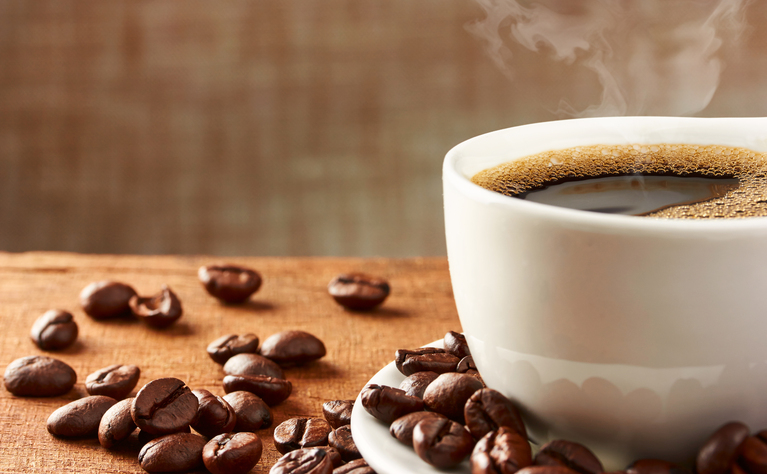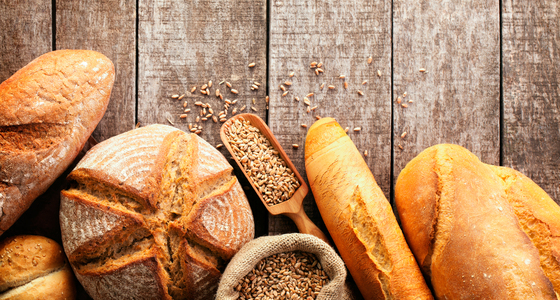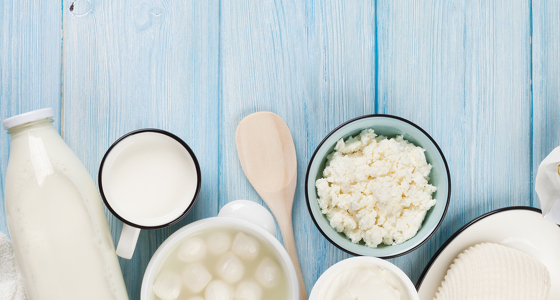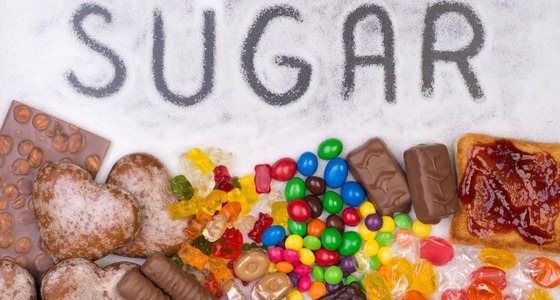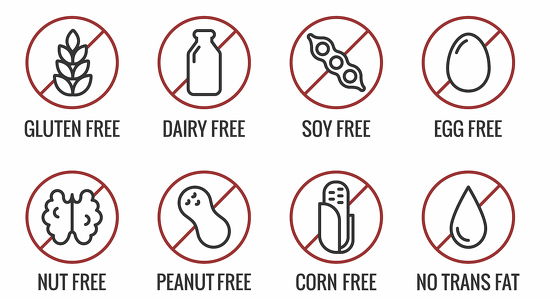Caffeine and inflammatory bowel disease (IBD)
When you have inflammatory bowel disease (IBD) knowing what foods and drink affect your symptoms can be a bit of a minefield.
Some people with IBD have reported that caffeine can cause a negative effect on their symptoms. Here we take a look at some of the reasons why that may be to help you make your own decision about whether it may be having an effect on your symptoms.
What is caffeine?
Caffeine is a substance that stimulates the body’s central nervous system. It is found naturally in some plants and harvested to create stimulant drinks and foods.
Food and drink which usually contain caffeine include:
- Tea
- Coffee
- Sodas such as Coca Cola
- Stimulant drinks such as Red Bull
- Chocolate (including hot chocolate drinks)
- Some protein snack bars
- Coffee flavoured ice cream and yogurt
- Decaffeinated coffee and tea can still contain some caffeine
It is also added to some over-the-counter medications that can be bought for common illnesses such as coughs and colds.
How caffeine affects the body
Some studies have shown that small amounts of caffeine has positive effects on some diseases and cancers , however it also has many negative effects on people generally:
- As caffeine is a stimulant some people experience insomnia or sleep disturbances when they consume it
- It can be addictive - causing people to experience withdrawal symptoms such as headaches and irritability when they stop consuming it
- It is possible to overdose on caffeine - however it is believed you would need to drink 50-100 cups of coffee to reach a lethal dose for this to happen. However, pure powdered caffeine (available as a supplement) could be lethal with tablespoon sized amounts
- It can cause some people to experience anxiety and/or depression
- Caffeine is a diuretic which can cause you to urinate more frequently. However, people who regularly consume large amounts of caffeine become de-sensitised to this
Caffeine and IBD
Clinical practice guidelines recommend that people with IBD avoid caffeine1, though there is very little specific evidence that links caffeine to causing or worsening IBD symptoms.
Some people choose to avoid it due to some of the side effects it can have which may affect their IBD.
- Some people with IBD use caffeine as a stimulant to help them when they are feeling fatigued. Although this may give a boost in energy for a short time an energy ‘crash’ will occur after. This leads to people drinking more coffee to combat the effects
- A study has shown that high caffeine consumption can accelerate bone loss in postmenopausal women2. This could lead to osteoporosis (especially if are taking steroid-based medication, which affect calcium absorption)
- As caffeine can cause more frequent urination it could contribute to dehydration - this is something you should be especially mindful of if you are suffering from diarrhoea
- Coffee has been found to promote gastro-oesophageal reflux (GORD)3. The symptoms include acid reflux, heartburn, oesophageal narrowing making it more difficult to breath. If you are already suffering from these symptoms with your IBD then coffee may contribute to them further
- Coffee is thought to stimulate bowel activity3. If you are already having frequent bowel movements then coffee may contribute to them further
- Caffeine can suppress the appetite. If you are suffering from malnourishment then you need to be mindful that you aren’t doing anything which could affect your appetite negatively
- Caffeine can affect sleep in some people. If you already have difficulties sleeping from your IBD you may decide to try cutting out caffeine to see if it helps
- Caffeine elevates stress hormones in your body. This causes blood to be diverted from the stomach and can interfere with digestion
